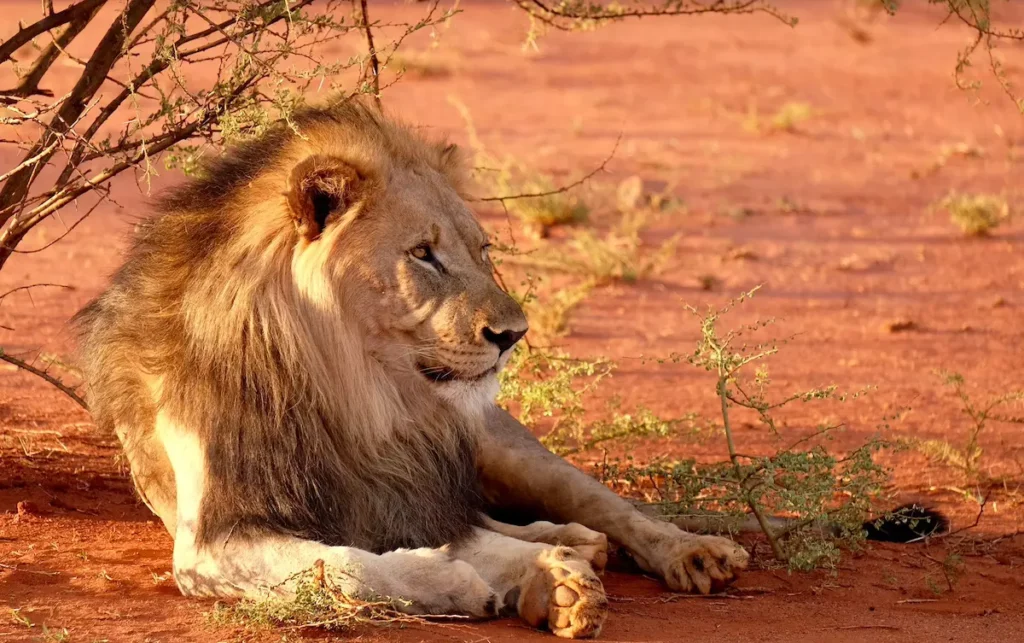When House Speaker Nancy Pelosi first claimed the gavel in January of 2007, she and her new Democratic majority made animal protection a priority concern. The House took up the Animal Fighting Prohibition Enforcement Act — to make dogfighting and cockfighting and associated activities a federal felony — less than 60 days into the new Congress. President Bush signed the measure into law in early May.
But animal protection measures haven’t quite moved at such a brisk pace in the Speaker’s second go-around. Now nine months into the new Congress, with Democrats having seized the majority last election, the House has taken up only two authorizing bills. One is the Prevent All Soring Tactics Act, and that got to the floor only after AWA led a drive to secure 290 cosponsors and trigger automatic consideration of bills who meet that support threshold. The House did also take up the Rescuing Animals With Rewards (RAWR) Act, which was cleared by the Committee on Foreign Relations.
Thanks to Rules Committee Chairman Jim McGovern, the Democrats did allow a series of AWA-backed amendments to come to the floor during the appropriations process. With Democrat votes providing the bulk of the votes, the House also passed three high-impact floor amendments: to provide $2 million to the Department of Justice to better enforce our federal anti-cruelty laws; to add $1 million to the Department of Agriculture’s Office of Inspector General to better enforce the nation’s animal fighting laws; and to bar the use of Interior Department funds to execute import permits for lions or elephants from Tanzania, Zambia and Zimbabwe.
The best prospect for more action on animal bills comes from Rep. Raul Grijalva (D-AZ) – a longtime champion of animal welfare, wildlife, and conservation issues and chair of the House Natural Resources Committee.
Today, Grijalva held a mark-up hearing on a wide array of bills that included three of Animal Wellness Action’s legislative priorities: the Shark Fin Sales Elimination Act, H.R. 737, the Big Cat Public Safety Act, H.R. 1380, and Grijalva’s own CECIL Act, H.R. 2245.
As apex predators, sharks play a vital role in the ocean’s ecosystems, but they are under siege from humans. They are killed for many reasons, but mainly for their fins, which are the central ingredient of shark fin soup. The Shark Fin Sales Elimination Act, led by U.S. Delegate Gregario Sablan (D-MP-At Large) and Rep. Michael McCaul (R-TX), comes to the committee today with 231 cosponsors, and it would expand the reach of the Shark Finning Prohibition Act of 2000 and the Shark Conservation Act of 2010 by banning the sale of fins. A Senate companion bill, S. 877, led by U.S. Sens. Cory Booker (D-NJ) and Shelly Capito (R-WV), was reported out of committee at the end of April.
The Big Cat Public Safety Act, led by U.S. Reps. Mike Quigley (D-IL), and Brian Fitzpatrick (R-PA) with 124 cosponsors, prohibits the private ownership of dangerous big cats for the pet trade and makes it illegal for exhibitors to allow public contact with cubs. Irresponsible breeding, inhumane living conditions, and public exploitation is a serious problem in the U.S., and caging these wild animals also present a threat to human safety. State laws regarding private ownership of big cats are a patchwork, and this federal bill applies a national standard. Quigley, as Vice Chair of the Sustainable Energy and Environment Coalition (SEEC) and Fitzpatrick, as a member of the Congressional Animal Protection Caucus, are pressing House Leadership on both sides of the aisle for floor vote before the year’s end, and we anticipate seeing a Senate companion bill soon.
Like the Animal Wellness-backed House Appropriations measure to defund trophy hunting imports, the CECIL Act prevents the issuance of import permits by amending the Endangered Species Act to prohibit any trophies from endangered or threatened species from being imported to the U.S. African elephants and African lions are listed as threatened or endangered across their range in Africa, and they are already subject to a range of human-caused threats that have dramatically reduced their numbers. The United States does not allow trophy hunting of ESA-listed species inhabiting the U.S. and our federal regulatory actions should not enable trophy hunting of foreign-listed species.
We applaud Chairman Grijalva’s leadership and tireless work to move these important wildlife measures and call on the U.S. House to swiftly place each them on the suspension calendar for a vote. We hope you’ll join us today in pressing the Senate by calling 202-224-3121 and asking your Senators to help move animal protection legislation in the Upper Chamber. The voting public is watching and waiting for action.
